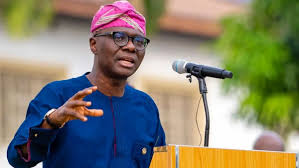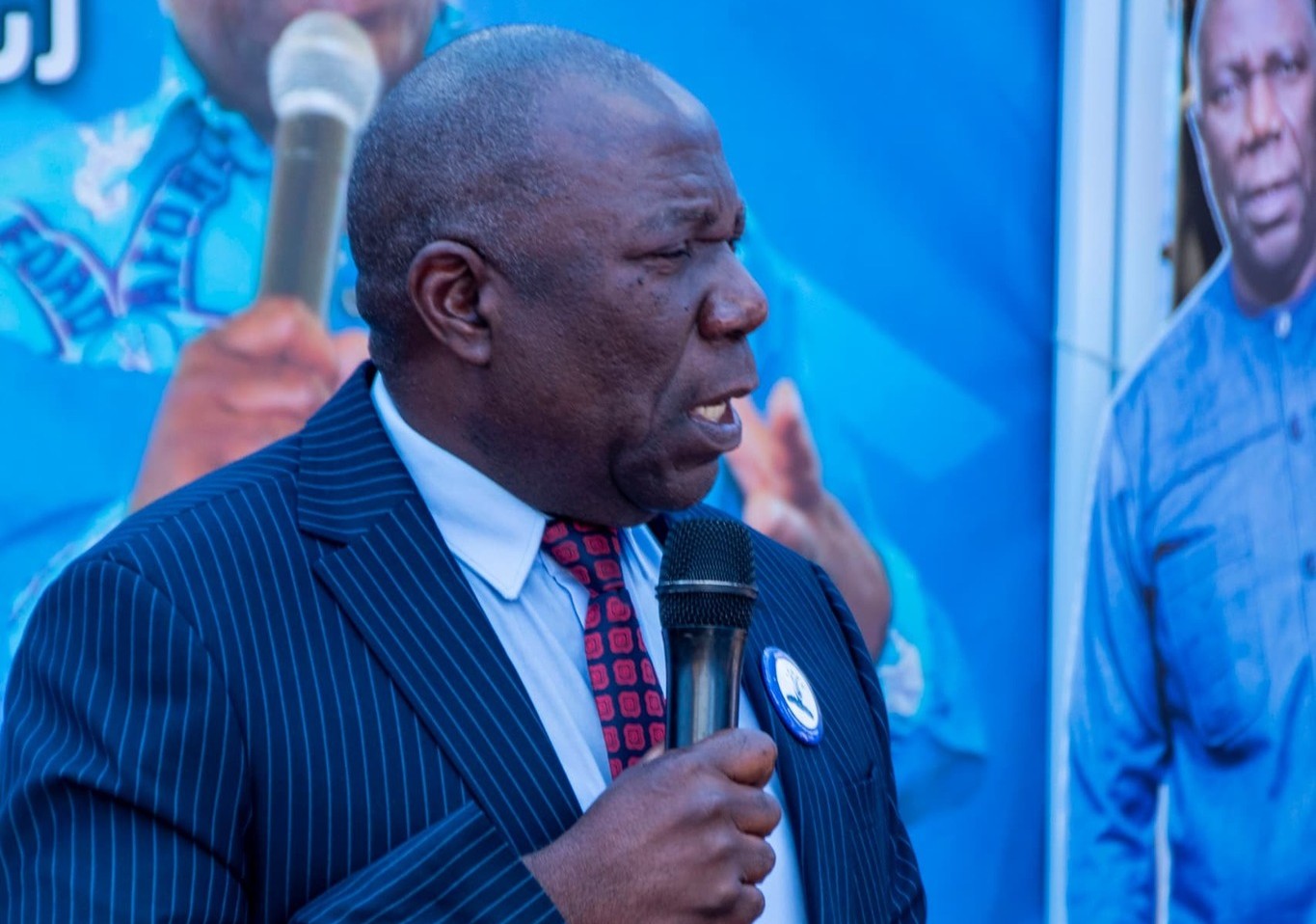By Radarr Africa
Copyright radarr

The Governor of Lagos State, Mr. Babajide Sanwo-Olu, has called on investors to support the infrastructural development agenda of the state by investing in the newly launched N214.8 billion bond programme.
The governor made the appeal at the Lagos State Investor Forum on the Series III Green Bond and Series IV Bond Issuance under the N1 trillion Debt and Hybrid Instrument Issuance Programme.
Lagos has a history of pioneering bond issuance in Nigeria. In 1987, it became the first subnational government to issue a revenue bond when it raised N30 million to fund the Lekki Peninsula Scheme 1. With a 2025 Budget of Sustainability set at N3.37 trillion, the state earmarked N398.66 billion for critical infrastructure. These projects are to be financed through a combination of internal and external debt, underlining the importance of debt financing solutions in Lagos’ development drive.
Speaking at the forum, Governor Sanwo-Olu urged private investors to continue supporting the state in addressing its infrastructural needs, which are constantly growing due to the rising population and size of the economy. He assured stakeholders of Lagos’ financial credibility and its commitment to sustainable development, noting that the state has the capacity and track record to deliver on major projects if provided with the necessary funding.
“There are enormous opportunities in Lagos for sustainable growth. With more funding, we can do a lot more. Inflation and rising costs will always be a factor, but your investment today secures tomorrow’s progress,” Sanwo-Olu said.
The governor further emphasized the culture of continuity in Lagos, where successive administrations build on the achievements of their predecessors, adding that investors’ funds are secure.
In his remarks, the Lagos State Commissioner for Finance, Mr. Abayomi Oluyomi, highlighted the government’s record of fiscal responsibility. He explained that Lagos is positioning itself for new types of funding that align with global trends. According to him, the state is not only issuing traditional bonds but also exploring social, diaspora, and environmental impact bonds to attract impact-driven investors.
“The financial world is shifting towards impact-driven investments, and Lagos cannot afford to be left behind. Investors are no longer just looking at returns; they want to see social impact, environmental sustainability, and long-term development. That is why social, diaspora, and environmental impact bonds must now be front and centre in our strategy,” Oluyomi said.
He added that social bonds could help fund affordable housing, healthcare, and education, directly improving communities. He also stressed the importance of accountability and transparency in the management of borrowed funds.
The newly launched N214.8 billion bond has two components. The first is a N200 billion, 10-year bond that will finance 24 infrastructure projects across nine ministries, departments, and agencies. The projects cover housing, healthcare, environment, agriculture, transportation, innovation, and science and technology.
The second component is a N14.815 billion green bond, the first of its kind to be issued by a subnational government in Nigeria. Proceeds from this bond will be used for environmentally sustainable projects, including renewable energy, climate change adaptation, and sustainable water and wastewater management.
The Chief Executive Officer of Chapel Hill Denham Advisory Services Limited, Mr. Bolaji Balogun, commended Lagos State for leading the way in innovative financing. He described Lagos as a trailblazer among subnationals in Africa and said the issuance of the bond demonstrates confidence in the capital market.
“Lagos is first among peoples, among the subnationals, not only in this country but on this continent, that we feel confident pushing the envelope and asking the investing markets to work with us to raise N200bn of capital,” Balogun said.
He disclosed that the bonds will be launched this week and will be open for subscription for about five days. According to him, the state expects to price the instruments and deliver the proceeds within 15 to 20 days.
On the question of credibility, Mr. Balogun pointed out that Lagos has maintained a debt-service-to-revenue ratio of 19.2 per cent, which has earned it strong ratings, including an A1+ local credit rating and a reaffirmed AAA rating from Fitch Ratings. He attributed this achievement to the good performance of the Debt Management Office (DMO).
With the launch of this bond, Lagos State is reinforcing its position as the financial hub of Nigeria and a model for other states seeking innovative financing solutions for infrastructure and sustainable development.



